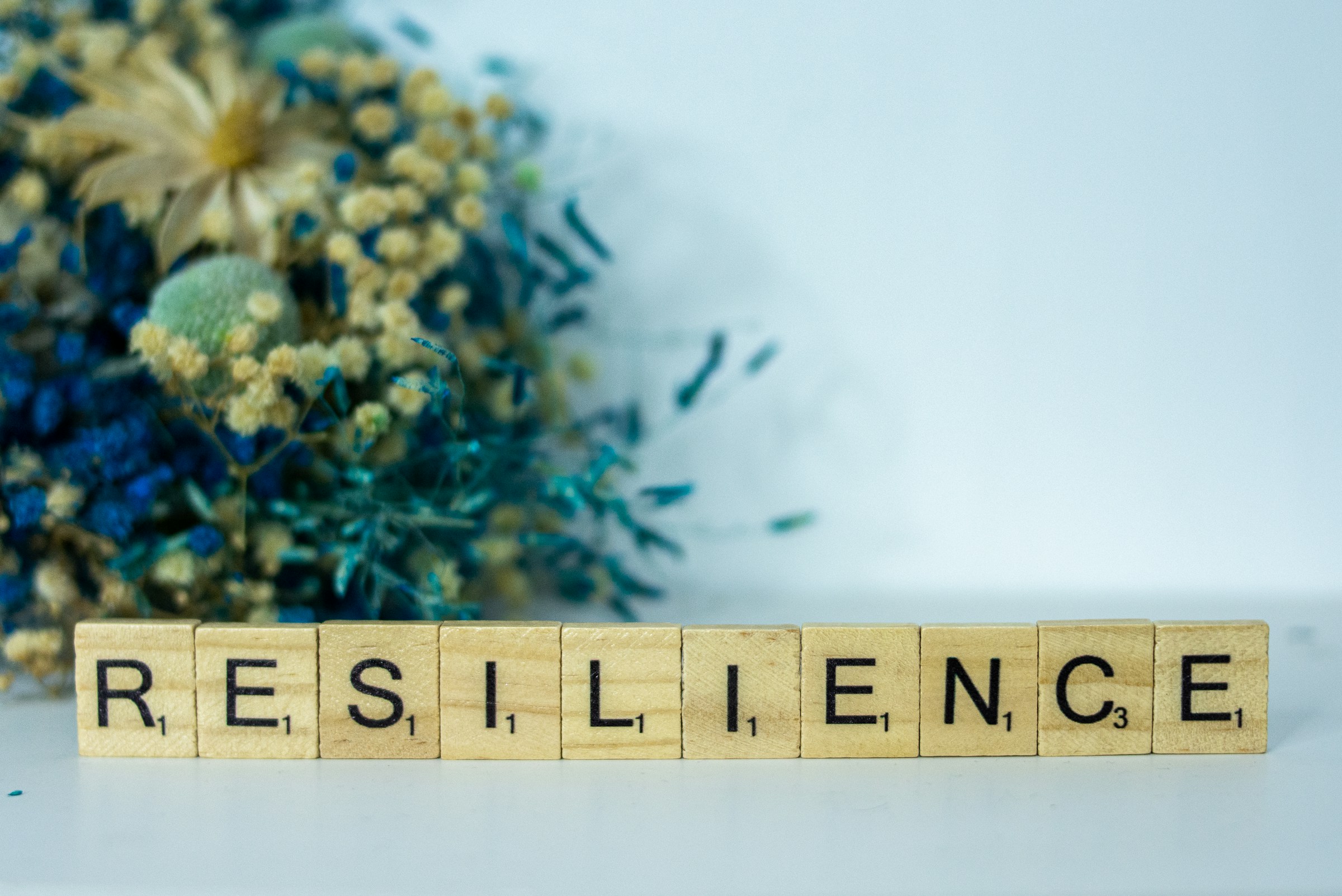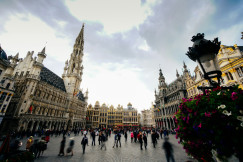Articles
16 August 2024
Building resilience in tourism through digital and green transition
Articles
16 August 2024
Adventure tourism
Coastal, maritime and inland water tourism
Cultural tourism
+40 more
Login / create an account to be able to react

The tourism industry must build resilience by adopting sustainable practices, fostering economic stability, environmental preservation, social inclusivity, and leveraging technological innovations to minimize risks and enhance recovery from uncertainties like climate disasters, geopolitical tensions, and health crises.
Topics
Albania
Armenia
Austria
Belgium
Bosnia and Herzegovina
Bulgaria
Croatia
Cyprus
Czechia
Denmark
Estonia
EU-27
Finland
France
Georgia
Germany
Greece
Hungary
Iceland
Ireland
Italy
Kosovo
Latvia
Liechtenstein
Lithuania
Luxembourg
Malta
Moldova
Montenegro
Netherlands
North Macedonia
Norway
Poland
Portugal
Romania
Serbia
Slovakia
Slovenia
Spain
Sweden
Switzerland
Türkiye
Ukraine
Academic / Research and VET Institutions
Company with 250 or more employees
Consumer Organisations
Cultural and Heritage Organisations
Destination Management & Marketing Organisations
EU Institutions
Financial Institutions and Investors
Industry Associations and Chambers of Commerce
International Organisations
Local Authorities
Media / Journalist Organisations
National authorities
Networks and Federations / Confederations
NGOs / Non-profits
Regional Authorities
SMEs (a company with less than 250 employees)
Trade Unions
-
Specific types of tourism
-
-
Adventure tourism
-
Coastal, maritime and inland water tourism
-
Cultural tourism
-
Ecotourism
-
Education tourism
-
Festival tourism
-
Gastronomy tourism
-
Health and medical tourism
-
MICE tourism
-
Mountain tourism
-
Religious tourism
-
Rural tourism
-
Sports tourism
-
Urban/city tourism
-
Wellness tourism
-
-
Transition Pathway Strategic Areas
-
-
R&I on digital tools for tourism
-
Tourism strategies
-
-
Business activities
-
-
Activities of amusement parks and theme parks
-
Activities of associations and other organisations supporting tourism
-
Air passenger transport
-
Camping grounds, recreational vehicle parks and trailer parks
-
Events catering and other food services
-
Festivals, cultural and entertainment activities
-
Gardens and nature reserves activities
-
Holiday Housing / Apartments and other short stay accommodation
-
Hotel and similar accommodation
-
Mobile beverage services
-
Mobile food services
-
Museums
-
Operation of historical sites
-
Other
-
Other accommodation
-
Other amusement and recreation activities
-
Other food and beverage services
-
Other holiday reservation services
-
Other tourism transportation activities
-
Rail Passenger transport
-
Recreational and sport activities
-
Restaurants, cafes and bars (Food and Beverage serving activities)
-
Road passenger transport
-
Tour operator activities
-
Travel agency activities
-
Water (sea, coastal and inland) passenger transport
-
Share
The tourism industry faces uncertainties: climate-related disasters, geopolitical tensions, global health crises like COVID-19. These challenges impact the stability of the industry. Therefore resilience in tourism should go beyond enduring challenges. It should involve active adoption of sustainable practices to minimize risks.
At its core, resilience in tourism encompasses several key dimensions. First one is the economic resilience – this aspect revolves around the industry's ability to maintain economic stability and viability despite external shocks. Diversifying tourism offerings, investing in local communities, and fostering entrepreneurship can bolster economic resilience by reducing dependence on a single revenue stream and empowering local stakeholders.
Another thing is environmental resilience. Here, sustainable tourism practices play an important role. Preserving natural resources, reducing carbon footprint, and promoting eco-friendly initiatives contribute to safeguarding destinations against environmental degradation while ensuring their long-term attractiveness to visitors.
We cannot forget about people and the social aspect. Social resilience in tourism entails fostering inclusive growth and preserving cultural heritage. Empowering local communities, promoting cultural exchange, and prioritizing social equity can help build robust social networks that are better equipped to withstand disruptions and support recovery efforts.
Embracing technological innovations can significantly enhance the resilience of tourism businesses and destinations. From digital marketing strategies and online booking platforms to crisis management tools and data analytics, leveraging technology can streamline operations, enhance customer experiences, and facilitate rapid responses to unforeseen challenges.
There are also lessons to be learned by other actors of the industry: policy makers. Effective governance structures and sound policy frameworks are essential for building resilience in tourism. Implementing regulations that balance economic growth with environmental conservation, fostering public-private partnerships, and enhancing crisis management capabilities can all contribute to bolstering resilience at both the destination and industry levels.
In the wake of the COVID-19 pandemic, the importance of resilience in tourism has been underscored like never before. The crisis exposed vulnerabilities in the global tourism ecosystem while highlighting the necessity for adaptive strategies and collaborative approaches to recovery.
By prioritizing sustainability, innovation, and inclusivity, the tourism industry can not only weather the storms of uncertainty but emerge stronger, more resilient, and better prepared to thrive in a rapidly evolving landscape.
#Resilience planning
Comments (0)
See also
-
91
When Too Much Becomes Harmful: Rethinking Unbalanced Tourism in Europe
- Categories
- Coastal, maritime and inland water tourism Cultural tourism Ecotourism +64 more
-
367
Best Practices and National Tourism Strategies Across the European Union
- Categories
- Coastal, maritime and inland water tourism Cultural tourism Ecotourism +64 more
-
53
From Guesswork to Governance: The EU’s Move Toward Smarter STR Data
- Categories
- Coastal, maritime and inland water tourism Cultural tourism Ecotourism +64 more




